
Sorry, your browser is not compatible with this application. Please use the latest version of Google Chrome, Mozilla Firefox, Microsoft Edge or Safari.
Military & Defense Content

Military Awards and Merit-Based Recognition
This White Paper supports the Secretary of Defense (SECDEF) in fulfilling additional priorities in the spirit of Executive Order 14183: Prioritizing Military Excellence and Readiness (January 27, 2025). It focuses…
Learn More

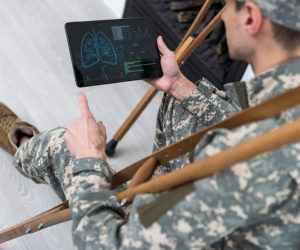
Medical Conditions Disqualifying for Accession...
The Department of Defense has issued updated guidance outlining which medical conditions disqualify individuals from joining the U.S. military. While some conditions may be considered for waivers, others are explicitly…
Learn More


Report on Caregivers in Military Families
Behind every wounded warrior and exceptional family member in military households, there is often a caregiver, an unsung hero navigating the challenges of support, financial strain, and bureaucratic hurdles. A…
Learn More

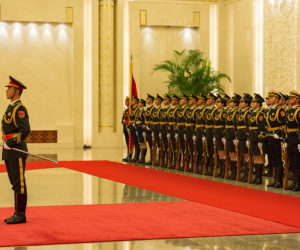
China’s Military Diplomacy
As cyber threats increasingly target critical infrastructure, state governments are stepping up their cybersecurity readiness. This strategic plan outlines how a multi-state compact can help build capacity, share threat intelligence,…
Learn More


Emerging Military Technologies: Background and...
Members of Congress and Pentagon officials are increasingly focused on developing emerging military technologies to enhance U.S. national security and keep pace with U.S. competitors. The U.S. military has long…
Learn More

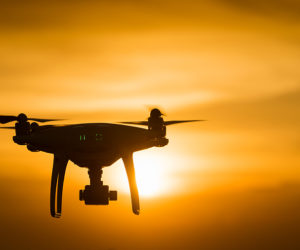
Unleashing U.S. Military Drone Dominance
The Department of Defense is shifting into high gear to achieve drone dominance on the modern battlefield. In a July 2025 memorandum, the Secretary of Defense outlines plans to dismantle…
Learn More


Homeschooling Support for Military-Connected...
The Department of Defense is taking steps to better support military-connected families who choose homeschooling, following the recent Executive Order promoting educational freedom. A department-wide review will assess current resources,…
Learn More


2024 China Military Power Report
The 2024 China Military Power Report highlights the People’s Republic of China’s (PRC) expanding military capabilities and strategic goals. With a focus on achieving the “great rejuvenation” by 2049, China…
Learn More

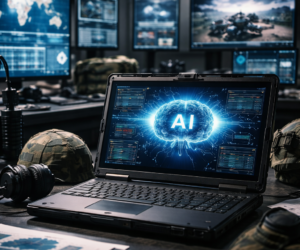
The Military Needs Frontier Models
As artificial intelligence becomes more embedded in military decision-making, not all models offer the same level of capability or reliability. This paper explains why frontier AI models—built with far greater…
Learn More

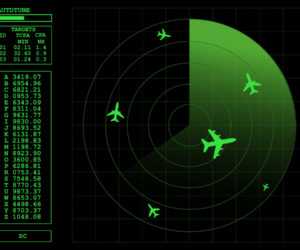
Modernizing Military Decision-Making
As the battlefield becomes faster and more data-driven, the Army must adapt its decision-making process to keep pace with AI-enabled adversaries. This paper explores how artificial intelligence can accelerate mission…
Learn More


Certification of Merit-Based Military Service...
A new directive from the Secretary of Defense mandates that admissions to the U.S. Military Service Academies be based solely on merit, with no consideration of race, ethnicity, or sex.…
Learn More


Department of Defense Strategy for Resilient and...
The Department of Defense must recruit and retain a strong, healthy, and ready military force. Defense installations are at the core of the Service members' military experience. They comprise built…
Learn More


Reviewing the Department’s Military Educational...
The Department of Defense has launched a review of library materials at its military educational institutions to ensure alignment with its core warfighting mission. Institutions are tasked with identifying and…
Learn More

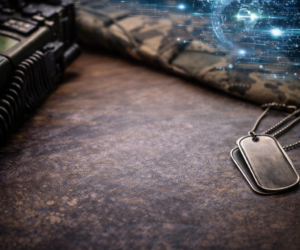
Changing the Term Military Information Support...
This Department of War memorandum announces the formal return to the term Psychological Operations (PSYOP), replacing Military Information Support Operations (MISO) effective immediately. It explains that the change is intended…
Learn More


Military Generals and Admirals: Information on the...
The GAO examined the impacts of Senate blanket holds on general and flag officer (GFO) nominations, spotlighting a 10-month hold in 2023 that stalled 447 military promotions. While unit-level readiness…
Learn More


